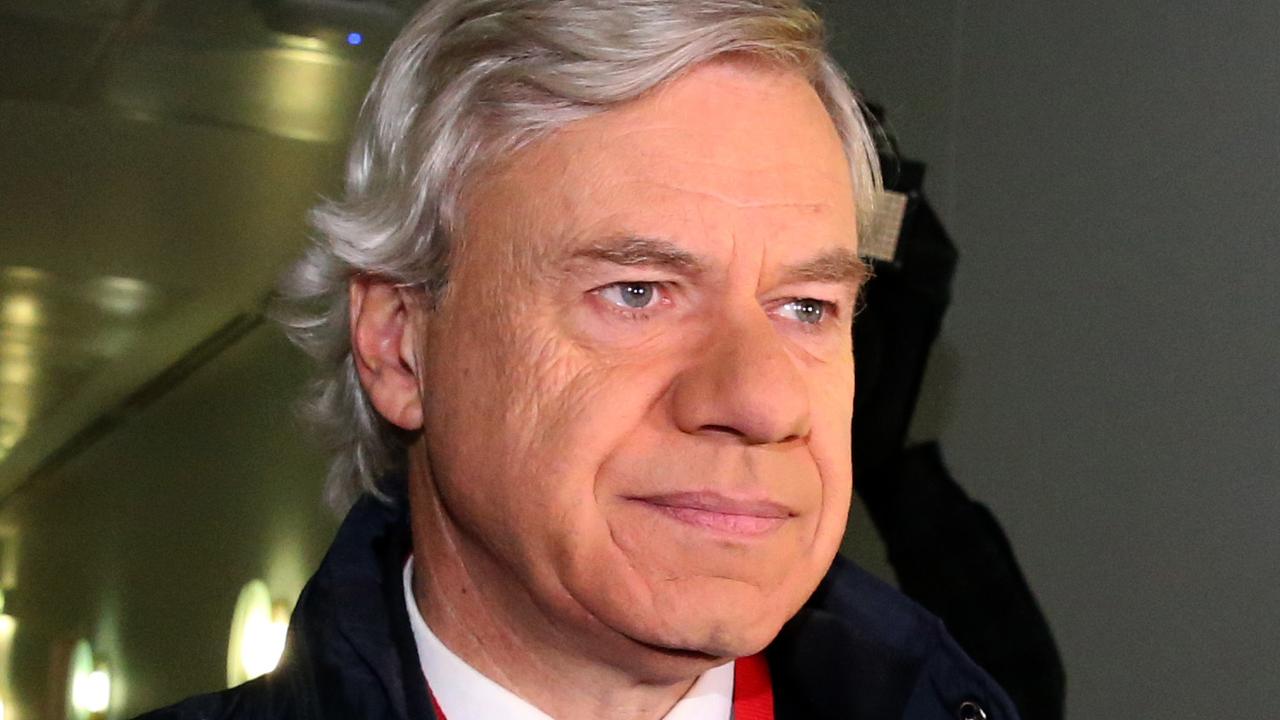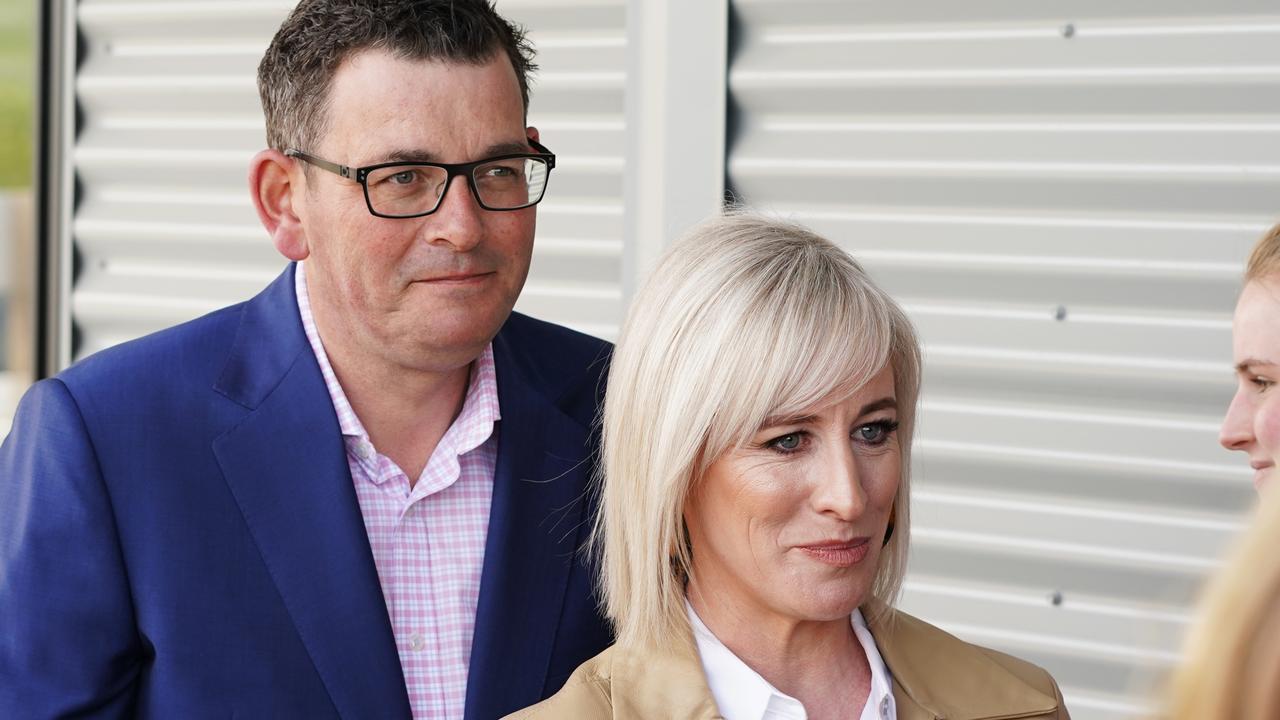TAFE chief ducks for cover in funding war of words
The head of the Victoria’s peak body for TAFEs says she values “open dialogue” with both sides of government regardless of who wins.
TAFE funding has been one of Victorian Labor’s cut-through issues in the election campaign, with Daniel Andrews accusing the Napthine government of sabotaging the futures of young Victorians with its $300 million cut to annual vocational education funding that took effect in 2012.
But the head of the state’s peak body for TAFEs is reluctant to weigh in to the debate, saying she values “open dialogue” with both sides of government regardless of who wins, and does not want to comment before details and the likely impact of various policies become clear.
Victorian TAFE Association interim executive director Nita Schultz said the association had made a deliberate decision not to issue a statement on each party’s policy. She said she could not be sure what difference Labor’s “TAFE rescue package” would make without knowing more of the detail about how the money would be spent.
Controversy over government funding of the sector began with the Brumby Labor government’s launch of contestable funding policies in 2009, which say private providers prosper at the expense of TAFEs. The situation contributed to the Coalition government’s decision to slash funding in 2012, which led to the fee hikes, course and job cuts and campus closures of which Mr Andrews has been keen to remind voters in recent weeks.
INTERACTIVE: Victoria election key seats
Labor last week announced a $320m package, which includes $100m to rebuild TAFE facilities and reopen campuses.
The Coalition maintains the cuts affected courses that were not significantly increasing employment prospects, and that it has overseen a $400,000 annual increase in funding for TAFE and training during the current term, from $800m to $1.2 billion.
Australian Education Union Victorian branch president Meredith Peace said that at a time when youth unemployment in particular was rising the government should have been investing in education and training, but was doing the opposite. “Not only have they failed to invest, they’ve cut more than $1bn from the sector,” Ms Peace said.



